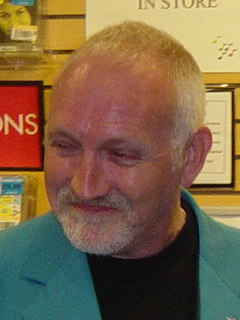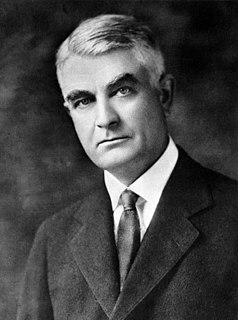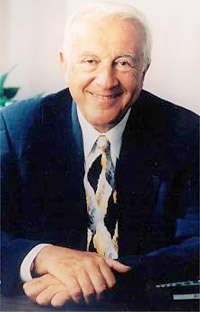A Quote by C. S. Lewis
Who will take medicine unless he knows he is in the grip of disease?
Related Quotes
There are three types of disease: body disease, mind disease, and nervous system disease. When the mind is diseased, the whole body is diseased. The yoga scriptures say “Manayeva manu ? ? kara a bandha mok ayo (this verse may be transliterated incorrectly),” the mind is the cause of both bondage and liberation. If the mind is sick and sad, the whole body gets sick, and all is finished. So first you must give medicine to the mind. Mind medicine: that is yoga.
It takes approximately forty years for innovative thought to be incorporated into mainstream thought. I expect and hope that orthomolecular medicine, within the next five to ten years, will cease to be a specialty in medicine and that all physicians will be using nurition as an essential tool in treating disease.
Medicine deals with the states of health and disease in the human body. It is a truism of philosophy that a complete knowledge of a thing can only be obtained by elucidating its causes and antecedents, provided, of course, such causes exist. In medicine it is, therefore, necessary that causes of both health and disease should be determined.
Funding that is focused on the ability to diagnose diseases precisely will just have inestimable value because that's the gate through which precision medicine has to go. Unless you can diagnose the disease precisely, care has to remain in the hands of expensive institutions and expensive caregivers.
A saying from the area of Chinese medicine would be appropriate to mention here: "One disease, long life; no disease, short life." In other words, those who know what's wrong with them and take care of themselves accordingly will tend to live a lot longer than those who consider themselves perfectly happy and neglect their weakness. So, in that sense at least, a Weakness of some sort can do you a big favor, if you acknowledge that it's there.
There's something within you that knows what to do. There is a power greater than you that knows how to take care of you without your help. All you've got to do is to surrender to it. Surrender your thoughts, your mind, your ego, to the current that knows the way. It will take care of you. It will take better care of you than you can ever imagine.
There is no better example of the weakness of our dominant medicine than its clearly ineffective War On Cancer. By the same token, there is no better example of the superiority of complementary, alternative medicine than its management of this dread disease. We are equally concerned about whether mainstream medicine's demand for proof works to maintain it at its current level of ineptitude.




































